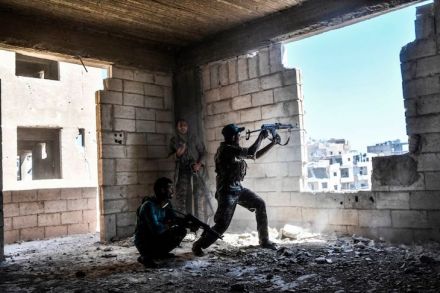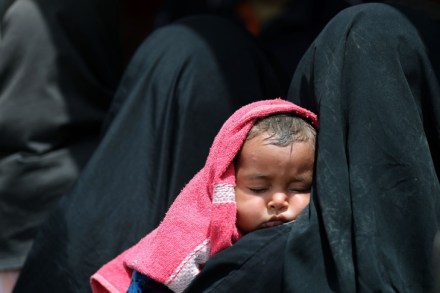Bring jihadis to justice
At first sight, the evidence presented in David Anderson’s report into the four terror attacks committed between March and June sounds damning. The security service, MI5, had had three of the six attackers on its radar. The Manchester bomber Salman Abedi, who murdered 22 people, had come to the attention of MI5 in 2014. As recently as the beginning of this year, he had been implicated in criminal activity, which MI5 officers now admit might have led to his attack being thwarted had it been investigated. Khuram Butt, one of the attackers at London Bridge, had been under investigation for two years, yet still he and his two accomplices were



















